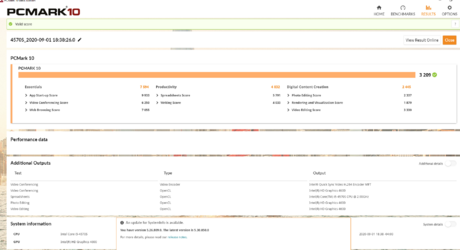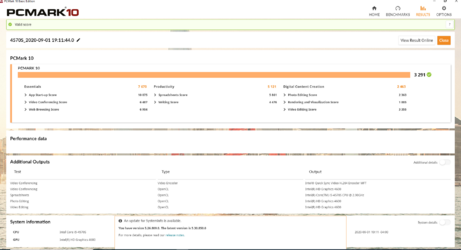- Joined
- Jan 10, 2012
I don't seem to be able to find anything on this forum about it so let's add it, shall we?
right click the start/windows or whatever you want to call it, in the lower left of your screen.
select run.
type msconfig, click ok.
select the boot tab.
select advanced options.
check the box, number of processors.
click the drop down menu and select the number of cores you have, add in the threads also.
click ok and then click to allow it to restart.
I have no idea what the maximum memory does so don't ask me.
right click the start/windows or whatever you want to call it, in the lower left of your screen.
select run.
type msconfig, click ok.
select the boot tab.
select advanced options.
check the box, number of processors.
click the drop down menu and select the number of cores you have, add in the threads also.
click ok and then click to allow it to restart.
I have no idea what the maximum memory does so don't ask me.



